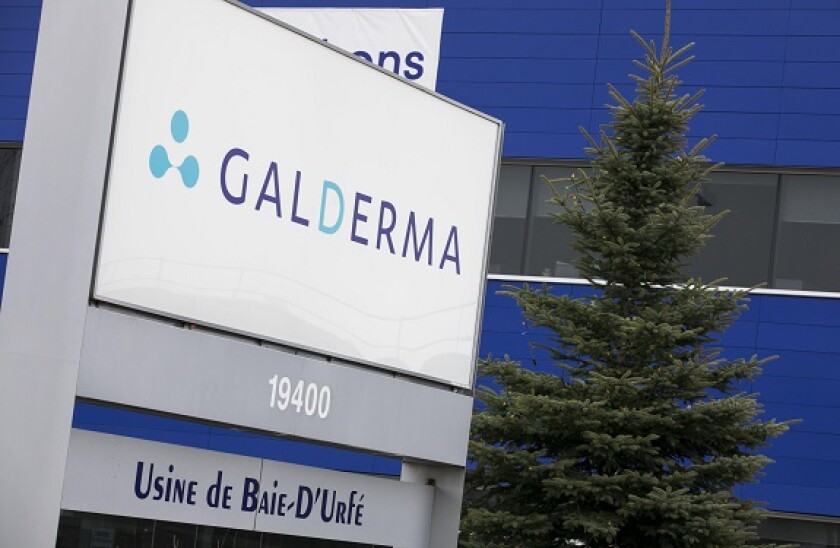Galderma's $1bn equity raise buys time for IPO market to improve

The Swiss skincare company's recent private capital raising reduces the amount it needs to raise through the public markets
Unlock this article.
The content you are trying to view is exclusive to our subscribers.
To unlock this article:
- ✔ 4,000 annual insights
- ✔ 700+ notes and long-form analyses
- ✔ 4 capital markets databases
- ✔ Daily newsletters across markets and asset classes
- ✔ 2 weekly podcasts
